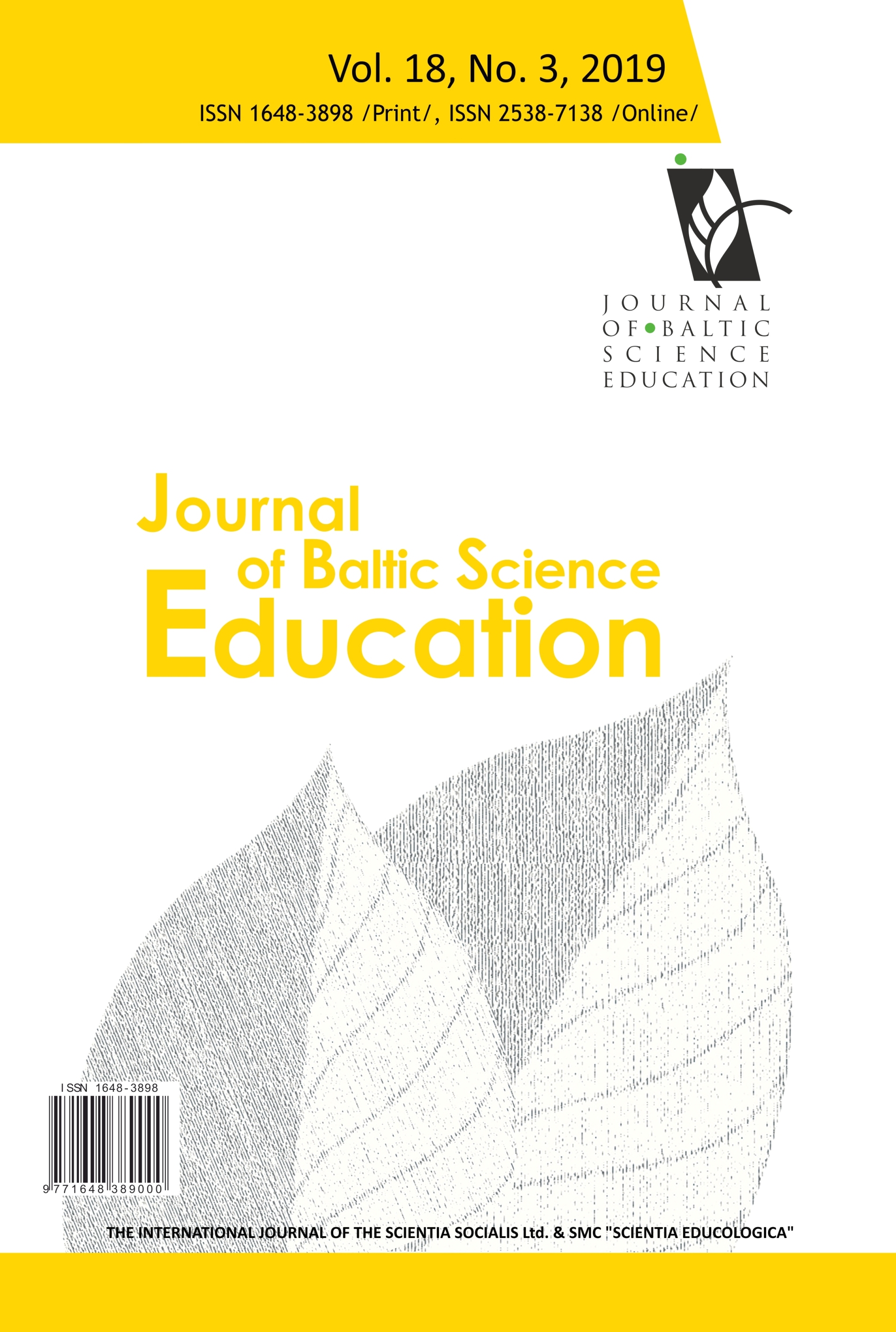MENTORING ON SCIENCE TEACHER EDUCATION IN RUSSIA AND INTERNATIONAL PERSPECTIVES
MENTORING ON SCIENCE TEACHER EDUCATION IN RUSSIA AND INTERNATIONAL PERSPECTIVES
Author(s): Muhammet Usak, Alfiya R. MasalimovaSubject(s): Education, Editorial
Published by: Scientia Socialis, UAB
Keywords: mentoring system; educational institution; novice teacher;
Summary/Abstract: Nowadays, mentoring as an educational form of Russia’s occupational activity is undergoing fundamental changes due to the variety of interrelated factors affecting the mentoring system. The requirements for the mentoring system itself are affected by these changes as well. Nature of the mentoring activity influences socio-economic, political, socio-cultural, pedagogical, methodical and individual factors. Socio-economic factors that determine not only the enterprises' state order, but also modern educational institutions’ order to revive and improve the traditions of mentoring receive the highest priority among these factors (Antipin, 2011). Mentoring is one of the forms of training in the process of occupational activity of a novice teacher, aimed at the development of his/her applied occupational competencies and the disclosure of their potential to determine the vectors of teachers’ individual professional development (Charina, 2004; Chernikova, 2013; Masalimova, 2013). The effectiveness of the mentorship stems from the fact that the external training of teachers (refresher courses, internships) does not take into account the characteristics of a specific educational institution. Therefore, any educational institution should prepare mentors within their teaching staff, who will train young novice teachers taking into account the established traditions and values of this institution.
Journal: Journal of Baltic Science Education
- Issue Year: 18/2019
- Issue No: 3
- Page Range: 320-322
- Page Count: 3
- Language: English

